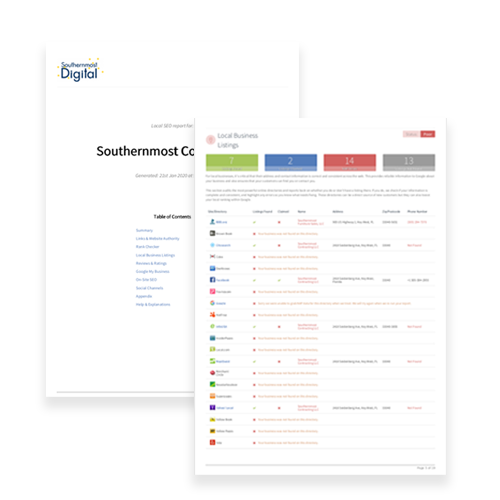New Terms & Conditions Give Google Permission to Listen to Your Phone Calls & Text Messages
Logging in to AdWords Google Ads this morning I noticed a new message at the top, that there was a supplemental Terms & Conditions that need to be accepted to continue using Call Ads, Call Extensions, and Message Extensions.

Thinking I would just go through and accept for my clients, I was slightly startled when I actually read through them (yes, I do that).
Google was in fact, through the new terms & conditions, giving themselves permission to listen to your calls and read messages generated by your message extensions.
Below is the full text of those terms, and not in that small box that most people just scroll right past.
Click-to-Call and Click-to-Message Terms
- The following terms (the “Supplemental Terms”) supplement the Google Inc. Advertising Program Terms that are in effect between you and Google. Capitalized terms used but not defined in these Supplemental Terms have the meaning set forth in the Advertising Program Terms.
- In order to evaluate and improve the quality of the Programs, Google may monitor and record a sample of telephone calls, text messages, live chat, and other communications initiated through the Programs (e.g., click-to-call and click-to-message ads) (“Communications”).
- By accepting these Supplemental Terms, you agree as follows. If you choose not to accept these Supplemental Terms, you may not be able to use Program features that enable Communications (“Communication Features”).
- Notice and Consent. You have provided notice to your agents and employees that these Communications may be monitored or recorded by Google and you have obtained their express consent to such monitoring and recording. If you are advertising on behalf of a third party, you have provided notice to the third party that these Communications may be monitored or recorded by Google, you have obtained the third party’s express consent to such monitoring and recording, and you have required the third party to provide such notice to, and obtain consent from, its agents and employees.
- HIPAA Disclaimer. Unless otherwise specified in writing by Google, Google does not intend use of the Communication Features to create obligations under the Health Insurance Portability and Accountability Act, as amended (“HIPAA”), and makes no representations that the Communication Features satisfy HIPAA requirements. You, and any third party that you are advertising on behalf of, are solely responsible for any applicable compliance with HIPAA. Accordingly:
- If you are (or become) a Covered Entity or Business Associate under HIPAA or are advertising on behalf of a third party that is (or becomes) a Covered Entity or Business Associate under HIPAA, and you wish to proceed with use of Communication Features, you should not accept these Supplemental Terms. Instead, please reach out to your Google account representative or Google support to request exclusion from monitoring and recording of Communications.
- By accepting these Supplemental Terms, you warrant that (a) you are not a Covered Entity or Business Associate under HIPAA, (b) you are not advertising on behalf of a third party that is a Covered Entity or Business Associate under HIPAA, and (c) you will not use the Communication Features for any purpose or in any manner involving Protected Health Information.
- Compliance with Law. You will comply with the Telephone Consumer Protection Act and other applicable laws when using the Communication Features, and if you are advertising on behalf of a third party, you will require the third party to comply with such laws.
So What To Do?
This is absolutely something that should be discussed as it can have implications on your business. For instance, as mentioned above, if you deal with privacy through HIPAA regulations, you can’t sign this. (Though it does look like you can contact your Google Rep to opt-out).
For most advertisers this isn’t going to be a deal breaker, however in order to use any call or messaging features you’ll need to comply.
This just continues the debate of if Digital Marketing is Convenient or Creepy.



























